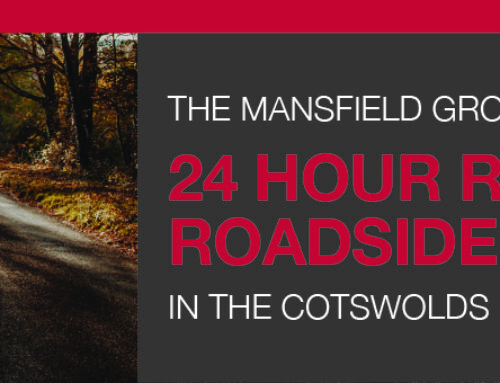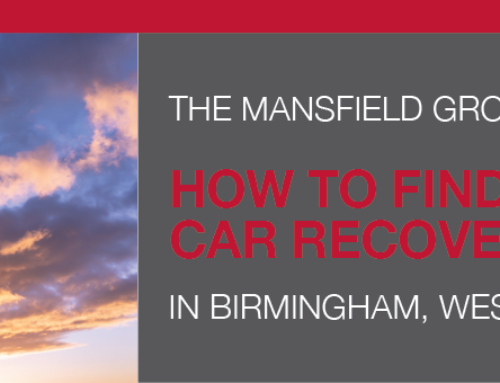With the shortest day of the year fast approaching and winter just around the corner, the days are getting shorter and the nights are getting darker and there’s no doubt that it is more dangerous to drive in the dark than in the daytime.
During darker months or evenings, our field of vision, depth perception, and our ability to distinguish colours is all reduced, even whilst using our vehicle’s headlights.
To help you to stay safe during the dark, we have put together some top tips and advice on driving in the dark. Browse our top 5 tips here…
5 Quick Tips For Driving In The Dark…
- Keep your windows clean and windscreen wash topped up.
- Use your lights appropriately, including your full beam when needed.
- Regularly get your eyes tested.
- Continue to take regular breaks.
- Study the road ahead and don’t stare directly into oncoming headlights and traffic.
#1 Keep Your Windows Clean…
Especially during winter months when it is icy and the roads have been gritted, you can expect a lot more dirt to appear on your windows. Dirty windows can increase the glare from other vehicles and can often be worsened by the dirt then being smeared across the windows.
It is best to see how dirty your windows are during the day when you can see them clearly. Make sure to check the inside and outside of your windows and clean them as much as you can so that when you are driving you can see clearly out of your windows.
#2 Use Your Lights Appropriately…
In order to make sure you are visible to all drivers, make sure you turn your dipped headlights on, roughly an hour before sunset and keep them on an hour after sunrise. Keep your full beam on when necessary but when you pass another vehicle, dip them straight away so that you don’t dazzle them.
Whilst you may be using your lights appropriately, you may have forgotten to check they are fully functional before your next journey. This includes headlights, brake lights, fog lights, and indicators. It is vital that these work, not only so you can see the road ahead, but also so you are visible to other road users. If you find a bulb is broken or needs to be fixed, make sure to get it replaced as soon as you can.
A top tip would be to perform a winter car check so that you can be sure that your car is fully functional and working as it should throughout the colder and darker months. Find out more about winter car checks by catching up on our previous blog here.
#3 Get Your Eyes Tested Regularly…
It may sound silly, but it is important to have your eyes checked regularly as this could identify problems that you may not have been aware of. If you do currently wear glasses, make sure that you don’t wear tinted or dark lenses when you are driving in the dark.
#4 Take Regular Breaks…
You may have recently had an hour extra in bed after the clocks went back, but that doesn’t mean that your sleeping pattern is now sorted. Changes in your sleeping pattern can cause a knock-on effect on your driving in the dark. When you are tired, your reaction times are affected and you become more of a danger to other road users. If you are feeling tired or drowsy, you should take a break and rest for a short period of time before moving off again.
#5 Study The Road…
It is important to stay alert and start studying the road when you are driving in the dark. Look out for oncoming drivers by glimmers of lights or listen out for the beep of a horn around sharp bends, hills, and corners. It is also important to keep an eye out for any cyclists and pedestrians, especially if they aren’t wearing reflective clothing.
Safer Night Driving…
Now you know a little bit more about the best advice and tips for driving in the dark, you can put this into practice when you next venture out on your travels during the evening. One of the biggest benefits is that if you ever break down or have a crash during the winter period, our team is on hand. We offer vehicle recovery for domestic and commercial customers across the whole of the UK, 24 hours, 365 days a year.
Simply get in touch with our team today and find out more about how we can help you. Call us on 0870 600 3444 or fill in our contact form.











